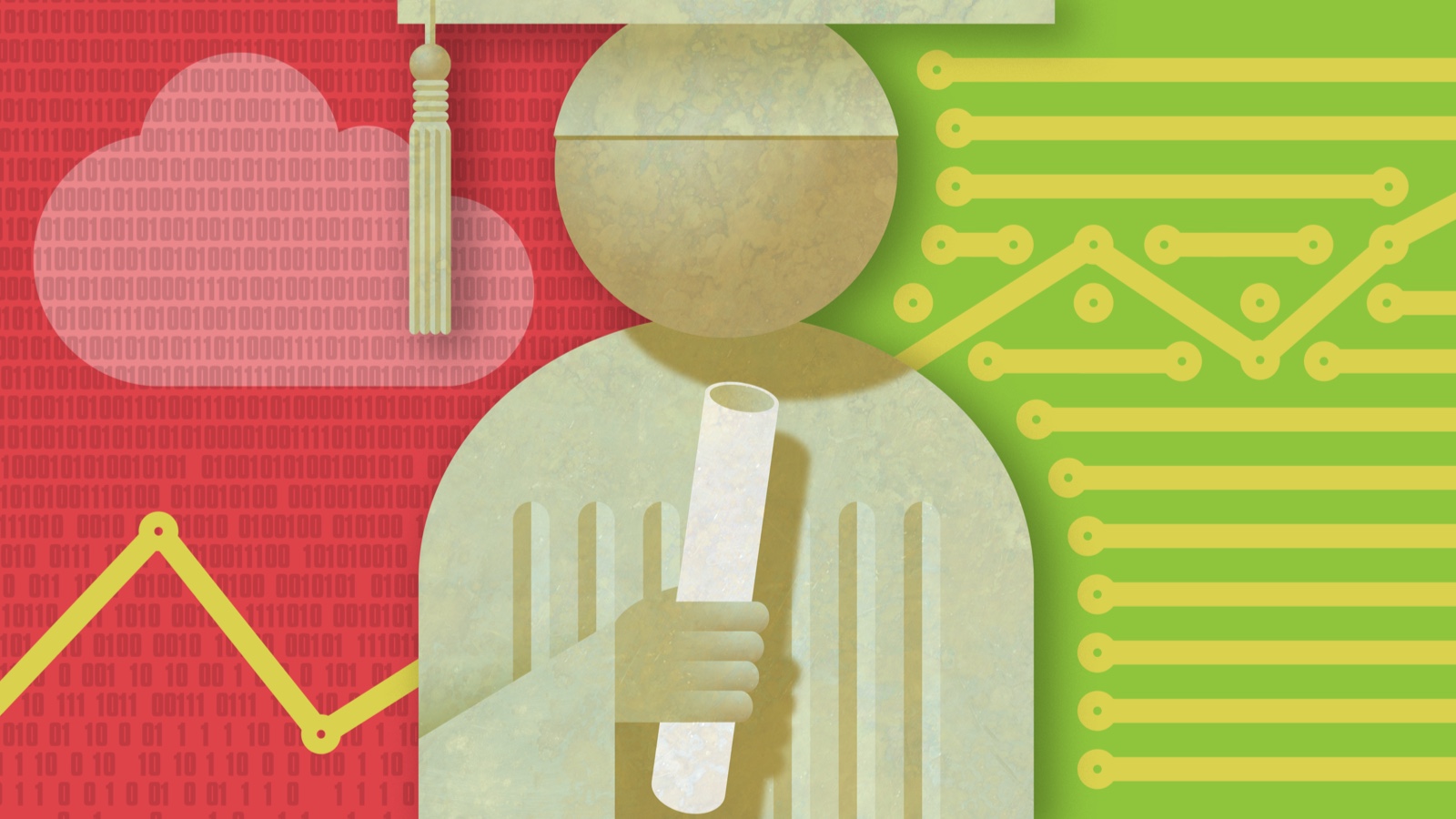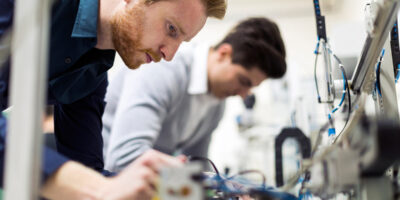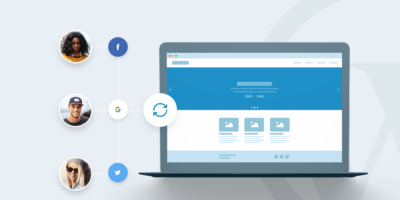
Education is not only about acquiring knowledge and skills, but also about developing the ability to adapt, create and collaborate in a rapidly changing world. Innovation in education is the process of finding new and better ways to enhance learning outcomes, engage learners and empower educators. Innovation in education can take many forms, such as introducing new technologies, pedagogies, curricula, assessments or policies.
Why innovation absolutely matters in education?
Innovation in education is important for several reasons. First, innovation can help address the challenges and opportunities posed by the Fourth Industrial Revolution, such as the need for lifelong learning, digital literacy, critical thinking and creativity. Second, innovation can help bridge the gaps in access, quality and equity in education, especially for the most marginalized and vulnerable learners. Third, innovation can help foster a culture of learning that values curiosity, experimentation and feedback.
What are the innovations in education?
There are many examples of innovations in education around the world, such as:
– Flipped classroom: This is a pedagogical model where students watch lectures or videos at home and do assignments or activities in the classroom with the guidance of the teacher. This allows for more personalized and interactive learning experiences.
– Blended classroom: This is a learning environment where students use both online and offline resources and tools to enhance their learning. This allows for more flexibility, diversity and collaboration in learning.
– Video communication: This is a technology that enables clear and effective communication between schools, parents, students and other stakeholders. This allows for more transparency, accountability and engagement in education.
What is an example of innovation in teaching and learning?
One example of innovation in teaching and learning is Learnable, an augmented teaching assistant that allows teachers to create interactive lessons using voice, text and images. Learnable uses artificial intelligence to provide feedback, assessment and support to both teachers and students. Learnable was developed with the needs of African teachers in mind and has been used in schools in Kenya, Nigeria and Ghana.
Innovation in education is not only about finding new solutions, but also about scaling them up and sustaining them over time. To do this, we need to involve all stakeholders, such as educators, learners, parents, policymakers, researchers and innovators. Together, we can start an education revolution that will transform the learning experience for everyone.









